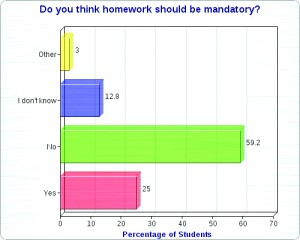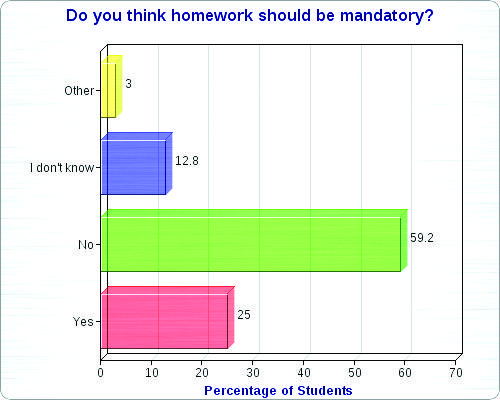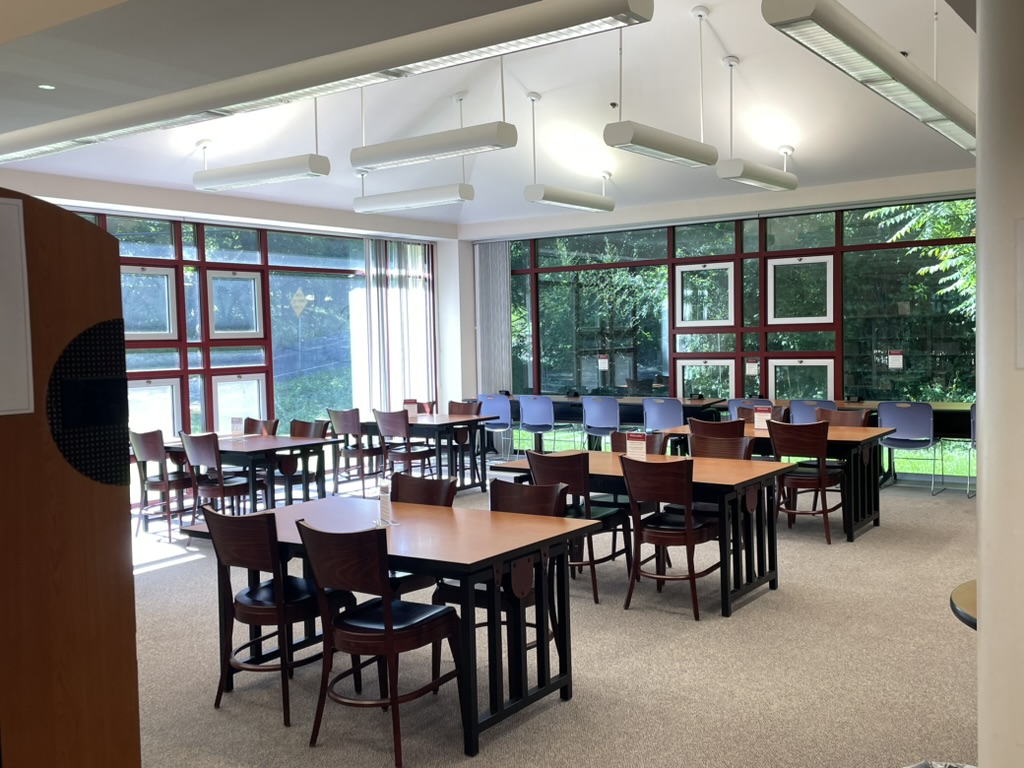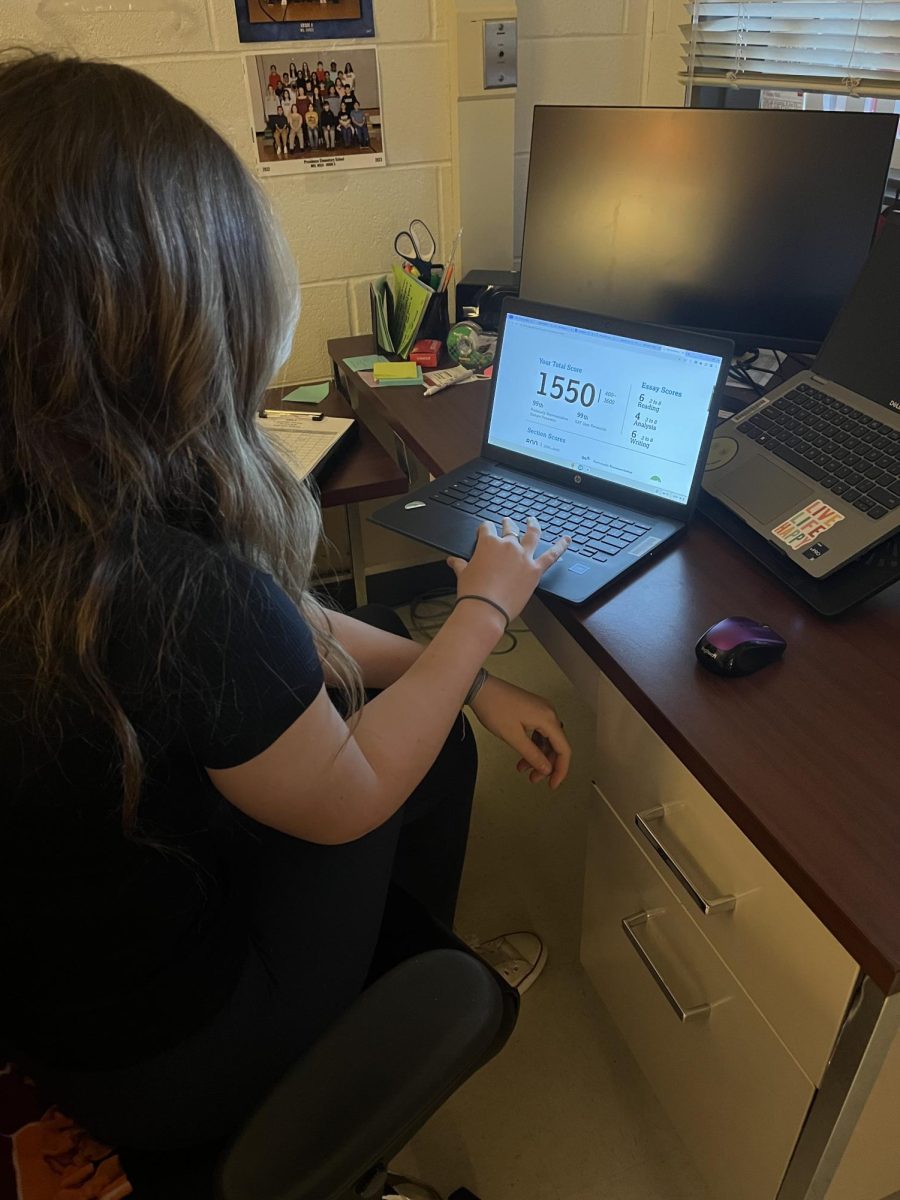
As you watch the last of your relatives leave after the Thanksgiving holiday, you are suddenly hit by the dark and scary thought of homework. With school reopening the next day, you rush through homework by doing problems without reading them, filling in the blanks without looking at the word bank and answering questions with one-word answers.
This raises the question about the effectiveness of homework; does it have a positive effect on your knowledge and understanding of the subject or is it just busy work?
“Homework is [used] for a learning purpose, I don’t think you have to give homework every night just to say that you gave homework,” history teacher Jonathan York said.
According to the Center of Public Education (CPE), studies throughout the years have shown that the effect of homework ranges from positive to negative, depending on the student.
The results of the national studies are supported by the variety of opinions that AHS students have about homework. Some students agree that it is beneficial while others believe that homework isn’t beneficial to their learning.
Positive effects of homework
“I think homework has a positive effect because it gives us practice on what we learn,” junior Rachel Teixeira said.
Sixty-one percent of AHS students believe that they learn from doing homework and 75 percent do the majority of their homework.
The studies conducted by the CPE state that higher income student’s benefit more from homework than lower income students do. Students with higher incomes have more tools and resources to use in order to complete their assignments.
“Students who have more resources available do better in school,” junior Patricia Webb said.
According to the studies, Asian-Americans are shown to benefit from homework more than any racial group.
“I don’t think it’s the homework — it’s our parents,” junior Christine Lee said. “They bother us until we finish our homework and they consistently question us about our homework. We also have the tendency to learn on our own.”
Students show the most improvement in grades when they complete their math assignments than in any other subject.
“I believe that [completing math assignments leads to the most grade improvements out of all the subjects] because with math a lot of what you learn is through practice and repetition,” Math teacher Jennifer Redding said.
Upperclassmen benefit from homework more than students in lower-grade levels.
“They [upperclassmen] are more serious,” York said.
Regardless of the advantages noted by some students and teachers, the detrimental effects of homework can be observed as well. Fifty-nine percent of students believe that homework should not be mandatory.
Negative effects of homework
“Homework has a negative effect, with the amount of homework that we get, we have to start deciding which classes are more important, and when we choose not to do homework for a class, our grades will definitely suffer,” Webb said.
When too much homework is given, it becomes less effective. The appropriate amount of homework that should be given to a high school student is between 1.5 hours to 2.5 hours.
“Less is more,” York said.
“I think there really need to be a limit on the amount of homework kids receive because there are a lot of other things kids are involved in,” Redding said.
The effectiveness of homework with lower income students is less than those with higher incomes.
“I think it has nothing to do with the physical homework, it has more to do with the amount of time dedicated towards doing homework. Most likely students with low income have part time jobs so they have less time to do their homework,” Redding said.
Many AHS students are involved in after school activities, which makes homework harder to complete.
“Its hard to balance homework with extracurricular activities,” Webb said.
Also underclassmen don’t absorb as much from homework than student in higher grade levels.
“It’s because they don’t do their homework,” Teixeira said.
Although many students in AHS get loads of homework, some believe that the amount of homework they receive is adequate for their classes. Most students in IB and honors classes receive more homework than students in regular classes.
“My homework load is a lot but I think it’s appropriate for the classes I’m taking,” Teixeira said.
“The amount of homework that I get is fine because I barely get any homework,” freshman Nazila Fakhra said.
By Brekhnaa Gull









